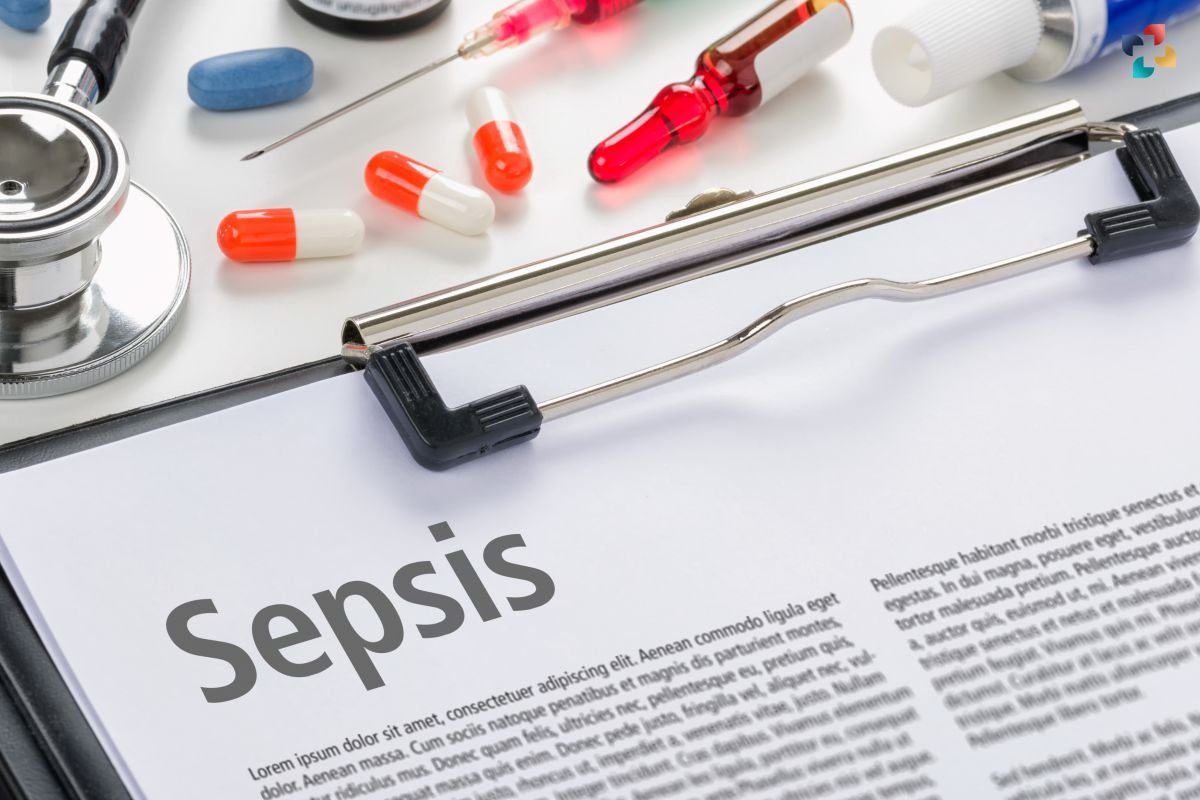Source -PixelPlex
1. Open Medical & Tamer Partner for Saudi Arabia’s Digital Health Transformation
Open Medical:
- Digital transformation solutions provider
- Committed to global expansion and universal access to advanced healthcare
- Dr. Michael Shenouda, Chief Commercial Officer – Quote: “Excited to join forces…with Tamer Healthcare…to ensure widespread implementation of our transformative digital solutions…”
Tamer Healthcare:
- Prominent Saudi Arabian corporation
- Exclusive distributor of Open Medical’s solutions in Saudi Arabia
- Dr. Yasser Khattab, Healthcare CEO – Quote: “Enthusiastic about the opportunity to represent Open Medical’s innovative products…We are committed to contributing significantly to the progression and improvement of healthcare services in our region.”
Partnership Benefits:
- Revolutionize healthcare delivery in Saudi Arabia
- Support Vision 2030 (Saudi Arabia’s societal advancement plan)
- Improved patient outcomes
Conclusion:
Open Medical and Tamer Healthcare aim to leverage this partnership to accelerate the progress of healthcare services across Saudi Arabia.
2. New AI Tool Revolutionizes Personalized Cancer Treatment

Source -mnofs.com
AI Breakthrough: Personalized Cancer Therapies on the Horizon
Understanding MHC-1 Proteins
- Guards on cell surfaces, alerting the immune system to invaders.
- Present foreign proteins (peptides) to immune system for attack.
- Individualized preferences for peptides they interact with.
The Challenge of MHC-1 Prediction
- Thousands of MHC-1 variations make universal prediction difficult.
- Traditional methods time-consuming and complex.
Takeaways:
- Identify patients most likely to benefit from specific therapies.
- Reduce cost and time needed for treatment selection.
- Accessibility and Future Impact
- HLA Inception freely available for academic research.
- Fosters collaboration and innovation in immunotherapy.
- Paves the way for personalized medicine in cancer care.
Conclusion:
This new AI tool holds immense promise for tailoring cancer treatments to individual patients, leading to improved patient outcomes.
3. AI Revolutionizes Sepsis Diagnosis and Prognosis

Fighting Sepsis: AI Identifies Molecular Signatures for Early Detection and Risk Stratification
The Challenge of Sepsis Diagnosis
- No single test – relies on broad biomarkers like CRP and PCT.
- Difficulty predicting severity and patient outcomes.
- Millions die from sepsis every year due to delayed diagnosis.
New AI-powered Approach
- Analyzes blood samples using mass spectrometry to create protein maps.
- Identifies unique molecular signatures associated with sepsis.
- Machine learning model predicts risk of septic shock with high accuracy.
Benefits of Molecular Signatures
- Early and Accurate Diagnosis: Faster identification of sepsis patients.
- Risk Stratification: Classifies patients based on risk of organ dysfunction and mortality.
- Targeted Treatments: Tailored therapies for high-risk patients.
Future Outlook
- Clinical validation needed for real-world application.
- Potential for global use in early sepsis detection.
- Further research needed to explore dynamic changes in the proteome.
Conclusion:
This AI-powered approach using molecular signatures holds promise for improved sepsis diagnosis, risk prediction, and personalized treatment strategies, potentially saving countless lives.
4. AI Unveils New Hope for Soft Tissue Sarcoma Treatment

Source – IndiaTimes
AI Discovers Cellular Communities in Soft Tissue Sarcomas, Guiding Treatment Decisions
- Soft Tissue Sarcomas: A Rare and Complex Cancer
- Develop in connective tissues (fat, muscle, blood vessels).
- Difficult to treat due to diverse subtypes and limited treatment options.
- Median survival less than two years for metastatic disease.
Challenges of Traditional Analysis
- Rareness of the disease limits sample availability.
- Traditional methods require fresh tissue samples.
- Difficulty in studying complex cellular interactions within tumors.
AI Tools Revolutionize Soft Tissue Sarcoma Research
- CIBERSORTx: Predicts cell types in bulk tissue samples based on RNA patterns.
- EcoTyper: Analyzes cell states and interactions within the tumor microenvironment.
- AI overcomes limitations by using existing data for new insights.
- AI Uncovers Distinct Cellular Communities (Ecotypes)
- Three ecotypes identified based on cellular composition and interactions.
- Ecotypes correlate with patient prognosis and immunotherapy response.
Key Findings
- High immune cell ecotype – better patient outcomes.
- Intermediate immune cell ecotype with MYC/MTORC1 signaling – poor outcomes but responds to immunotherapy.
- Low immune cell/Hedgehog pathway ecotype – worst outcomes.
Future of AI in Soft Tissue Sarcoma Treatment
- Validate ecotypes in new patient studies.
- Develop personalized treatment plans based on ecotype.
- Advance immunotherapy strategies for soft tissue sarcomas.
Conclusion:
This research using AI tools paves the way for a new era of personalized treatment for soft tissue sarcomas, offering hope for improved patient outcomes.
Also Read: Understanding the Importance of Assessing Level of Consciousness in Medical Care






